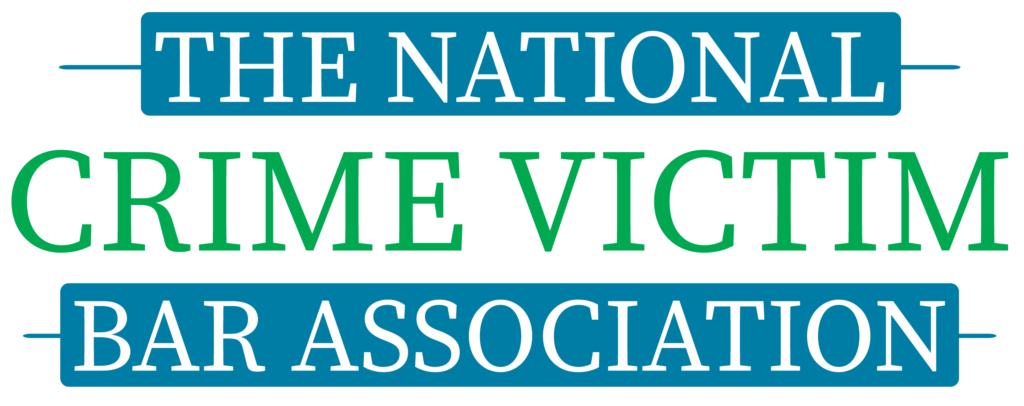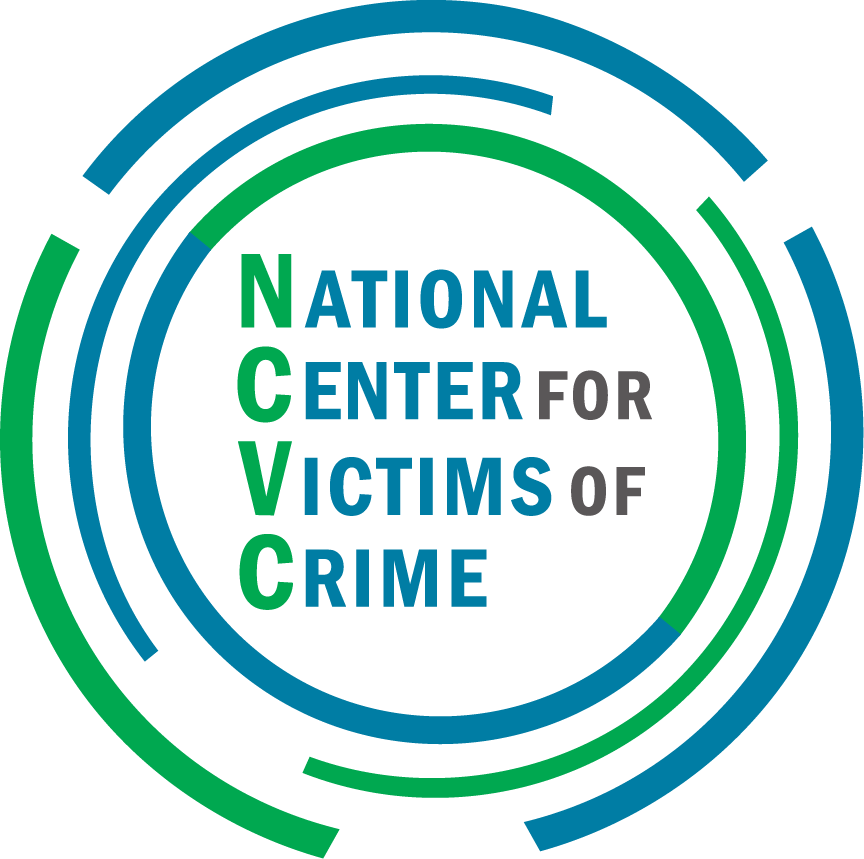Originally published by USA Today, October 2, 2019
Pennsylvania state Rep. Tom Murt slid into a pew at his childhood church, seeking a break from politics and the stress of work.
Instead, Murt got an earful.
In his sermon, the priest talked about a bill pending in the state Legislature that would give survivors of child sexual abuse more time to sue their abusers – and the institutions that hid abuse.
The Catholic Church was being mistreated, the priest said. Legislators were being particularly harsh toward the church while leaving public school teachers who commit crimes off the hook.
Then the priest singled out Murt.
Tom Murt, the priest said, wasn’t defending the church in its time of need. In fact, the Republican and lifelong Catholic was supporting the legislation.
Similar scenes played out across Pennsylvania that week in 2016. One Catholic lawmaker learned she was disinvited from an event because she had voted for the bill. Another felt targeted when his parish pointed out his support for the legislation in a church bulletin.
Such efforts may have appeared hyperlocal and deeply personal, but they weren’t. They were part of a coordinated effort by the Catholic Church to kill the Pennsylvania legislation. That effort extended from the halls of the statehouse – where church-sponsored lobbyists worked behind the scenes and testified publicly – to the very pews where some legislators bowed their heads in prayer.
In an era when many advocates use social media and online petitions to garner widespread support, the Catholic Church instead focuses on the audience it already has. In Philadelphia, the archdiocese coordinated the distribution of letters to all 219 parishes that warned of “serious dangers” posed by the bill and urged people to pick up additional information at the exits after Mass – and contact their lawmakers.
Since 2009 alone, state lawmakers from both sides of the aisle have tried at least 200 times to extend the civil statute of limitations for child sexual abuse cases, according to a USA TODAY analysis of legislation filed in all 50 states, part of a two-year look at model legislation in partnership with the Arizona Republic and the Center for Public Integrity.
The bills have borrowed from and built on each other, sharing common phrases and ideas.
Many special interests, including the insurance industry, oppose efforts to give survivors more time to sue. But two organizations are uniquely positioned to wield influence because of their deep ties to local communities: the Catholic Church and the Boy Scouts of America.
Where legislation has been introduced, equally coordinated opposition has followed from the groups that stand to lose the most.
California was the first to pass legislation that temporarily reopened the civil statute of limitations, offering abuse survivors a one-year window to sue.
That 2002 law was inspired by the Boston Globe’s investigation into the Catholic Church, according to Marci Hamilton, an expert on statutes of limitation who has been tracking such legislation for two decades.
The newspaper series went beyond identifying individual perpetrators to reveal an institutional cover-up. It also illustrated what advocates have long said: It can take time for survivors grappling with trauma to come forward. The average age of disclosure is 52, according to CHILD USA, a think tank that focuses on preventing child abuse and neglect. Some people never disclose.
“It’s very difficult for the victims of abuse in these religious settings to come to terms with how it was possible that God let this happen to them,” said Hamilton, who is CEO of CHILD USA and teaches law at the University of Pennsylvania. “Some call it soul murder. It’s not just the destruction of a child’s life, but in some ways it’s the destruction of children’s coping mechanisms through faith.”
Lawyers, not survivors, pushed for California to pass legislation in 2002, Hamilton said. The church didn’t oppose the bill, she said, but it reeled in the aftermath.
About 850 people sued the Catholic Church while the window was open. Three hundred others filed lawsuits against other churches and institutions, including the Boy Scouts.
Since then, lawsuits have cost them hundreds of millions of dollars.
In one year alone – from July 1, 2017 to June 30, 2018 – the Catholic Church spent more than $239.1 million related to child sexual abuse allegations, according to a June report from the United States Conference of Catholic Bishops. More than three-quarters of that went toward settlements and other payments to survivors.
After the California legislation, the concept of reviving previously barred suits – sometimes using almost the same phrasing – showed up in other bills across the country. It was proposed in New York in 2009, New Jersey in 2012, Pennsylvania in 2013 and Montana this year, according to USA TODAY’s analysis of the text of each bill.
The Catholic Church mobilized its opposition, working in tandem with the insurance industry and, later, the Scouts.
For years, those efforts were successful: Most bills failed.
“All religious groups in the United States have enjoyed a long era of trust and reverence from elected officials,” Hamilton said. “And so, when they come asking for protection, our lawmakers are all too willing to provide support.”
Maryland Delegate Eric Bromwell knew he would face an uphill battle when he sought to extend his state’s civil statute of limitations. The Maryland Catholic Conference expressed concerns before he even filed the 2008 bill.
Bromwell said Catholic officials told him the dioceses would be bankrupted by the “revival window” allowing people to sue over past abuse. A lot of the abusers were dead, he recalls them saying, and some allegations were so old that there was no way for the church to defend itself.
Those are arguments the Catholic Church has tapped into again and again.
USA TODAY ran 10 of the church’s opposition statements – including news releases and letters to government officials and to parishioners – through a language-processing algorithm, searching for commonalities. A Maryland statement shared key phrases with a statement in California. Words from a 2018 statement in Georgia overlapped with a statement from a bishop in Wisconsin nine years earlier. Michigan had phrases in common with Rhode Island.
Opponents in California and Maryland took issue with how their states’ bills treated public institutions versus private ones. People in Maryland, Wisconsin and Rhode Island all sought to draw distinctions between the present and the past, highlighting criminal background checks that their organizations now perform.
In 2016, the Maryland Catholic Conference said a bill there was “unjust.” Philadelphia Archbishop Charles Chaput used that same word to describe the legislation in Pennsylvania. Last year, the Most Rev. Wilton Gregory, then-archbishop of the Archdiocese of Atlanta, called a Georgia bill “extraordinarily unfair.”
Gregory said lawsuits against institutions for decades-old abuse are “very difficult if not impossible to defend.” That concern was repeated by Boy Scouts of America lobbyist Edward Lindsey.
“Time corrodes evidence,” Lindsey told Georgia’s Senate Judiciary Committee in 2018. “You wait 20, 30, 40 years before you bring a suit, you make it very difficult on a defendant to defend himself.”
Marlan Wilbanks, an Atlanta attorney who donated money to open a legal clinic for survivors of child sexual abuse, has testified in favor of bills extending the statute of limitations. He said it’s not just a Georgia story.
“It’s the same damn playbook that they use over and over and over,” Wilbanks said.
At first, that approach worked on Bromwell. Back in 2008, he considered the Maryland Catholic Conference’s concerns legitimate. He agreed to hold off on introducing the bill so they could discuss it further.
But the very next morning, Bromwell said, a mass email went to alumni of Calvert Hall, a private Catholic college prep school that the lawmaker had attended. The email said Bromwell’s bill would destroy the high school.
Bromwell reversed course and introduced his legislation. More reaction rushed in from all corners.
His grandmother, who lived two hours from Annapolis, called to ask why she was hearing his name in church. His uncle wanted to know why he was getting calls about his nephew’s bill.
The first week, callers told him he would destroy Calvert Hall. The second week, they warned he would bankrupt the archdiocese. The third week, messages became intensely personal, involving his father, a former senator who had recently been sentenced to prison in a racketeering conspiracy.
“We’re sorry about what’s going on with your dad, but you shouldn’t take it out on the Catholic Church,” Bromwell remembers callers telling him.
Bromwell said the pushback “pretty much ruined my private life.” He couldn’t live through an entire session like that, so he withdrew his bill.
“The hardest thing I’ve ever had to do in my life was call the advocates, people who had been abused, and tell them that I couldn’t be their sponsor,” Bromwell said. “But it was something that I had to do for me.”
Sean Caine, vice chancellor of communications for the Archdiocese of Baltimore, said Catholic officials would have “shut down” what Bromwell experienced had they known about it.
“When the church is encouraging people to reach out to lawmakers, it does not do it with the direction or expectation that lawmakers be treated unkindly,” Caine said. “It is distressing to hear that happened to him.”
Seven years later, Bromwellshared what happened with his friend and colleague, Maryland state Delegate C.T. Wilson. Wilson, himself a survivor of child sexual abuse, said he would introduce the bill. Bromwell – who left office earlier this year – pledged his support.
The Catholic Church again mobilized parishioners. Church representatives lobbied lawmakers behind the scenes and testified during public hearings. The Boy Scouts and members of the Jewish faith joined in.
Susan Gibbs, a spokeswoman for the Maryland Catholic Conference, told USA TODAY that the organization’s concerns were based on experience. One of the dioceses it represents, in Wilmington, Delaware, filed for bankruptcy in 2009 after a similar bill passed in that state.
Funding to Catholic Charities there was cut 40%, Gibbs said, staffing was cut 10%, and two schools closed.
For years, Wilson’s legislation failed. He kept trying and, in 2017, lawmakers passed a version of it, but without the revival window. Caine said the Catholic Church backed that bill because it did not include the window and applied to both public and private entities.
“At the time it was a start,” said Wilson, who plans to try again, “but clearly not what it needed to be.”
Getting laws through in other states required similar concessions, particularly relating to the revival window.
In Michigan, for instance, under pressure from the church, Boy Scouts, universities and other groups, lawmakers removed provisions to extend the civil statute of limitations for all child sexual abuse survivors.
Instead, the Legislature passed a far narrower bill, which opened a 90-day revival window for survivors of Larry Nassar, the former USA Gymnastics team doctor and Michigan State University employee.
As a child, Carol Hagan McEntee thought her older sister, Ann Hagan Webb, was “a teacher’s pet.” The two attended Sacred Heart elementary school together in West Warwick, Rhode Island.
“The monsignor used to come and get her out of class all the time and take her to the rectory,” McEntee recalled. “We couldn’t understand why he was doing that. But now we know.”
Webb said she didn’t start to remember the abuse until she was 40. Her abuser, Monsignor Anthony DeAngelis, died in 1990, according to the Diocese of Providence’s List of Credibly Accused Clergy. Webb reported it to the diocese in 1994, and the church eventually helped pay for her therapy.
You can view the full article at: https://www.usatoday.com/in-depth/news/investigations/2019/10/02/catholic-church-boy-scouts-fight-child-sex-abuse-statutes/2345778001/.

